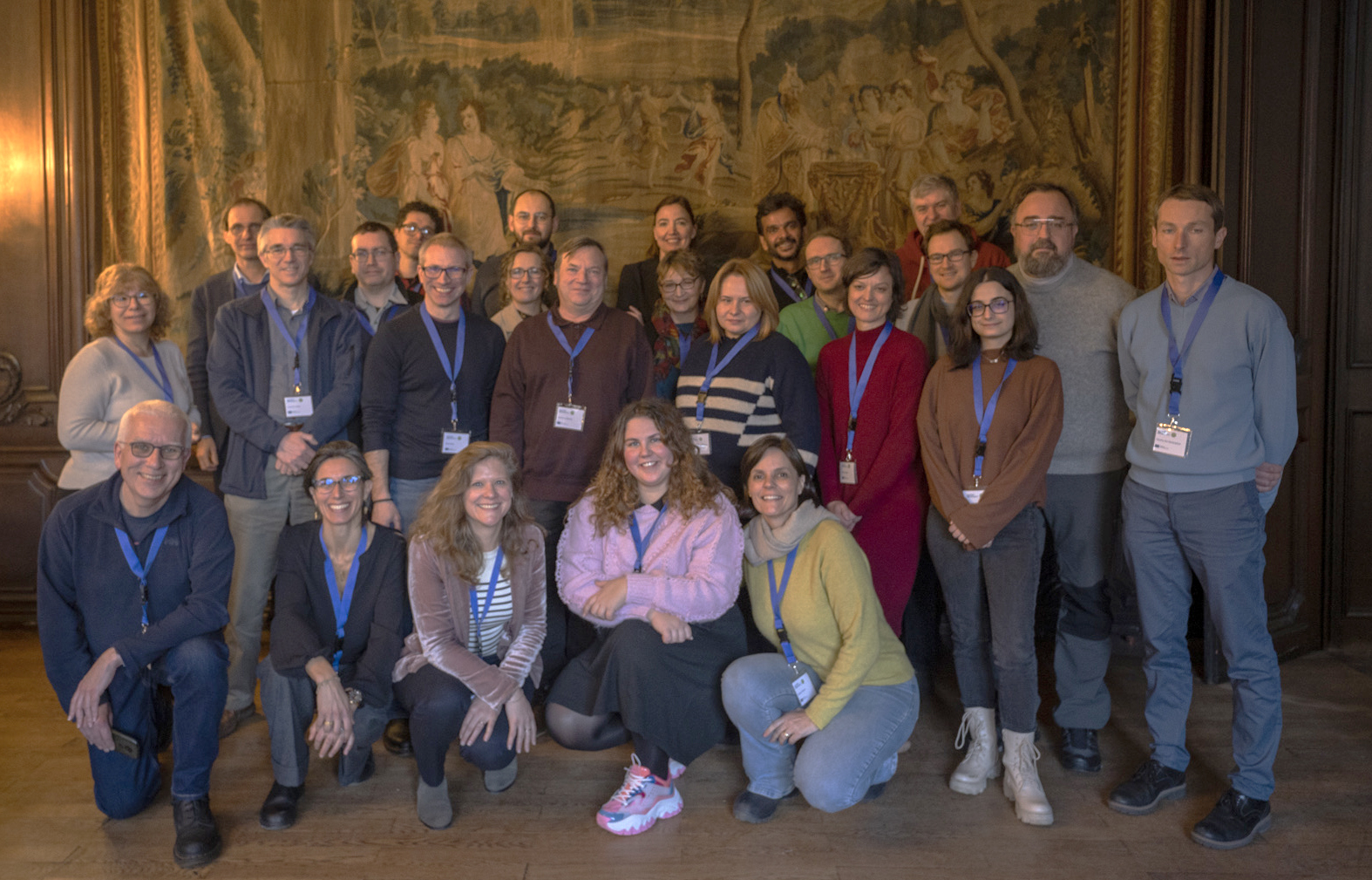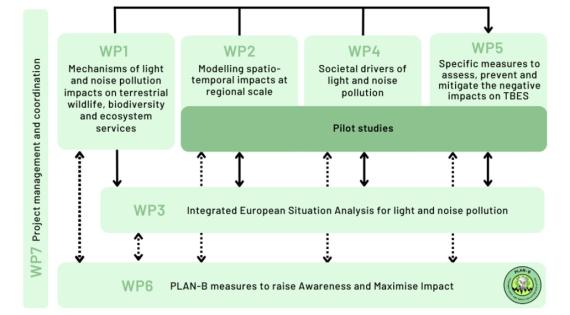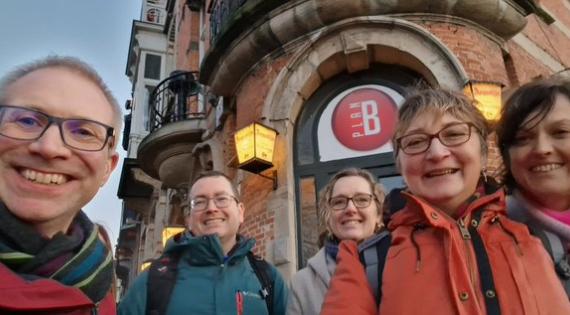UKCEH is a partner in a new EU-HORIZON funded project called PLAN-B (The Path towards addressing adverse impacts of Light and Noise pollution on terrestrial Biodiversity and ecosystems). The four-year multidisciplinary research, coordinated by the University of Ghent, launched this week (January 2024).
Our involvement is somewhat bittersweet as it was the last proposal worked on by Professor Nick Beresford before his untimely death in May 2023. Nick put a lot of effort into the bid, which was a welcome distraction from his treatment. Sadly, Nick didn’t get to hear the successful outcome of the bid but it is fitting that Nick’s wife Cath Barnett and other UKCEH colleagues are now taking forward this important work for us. Cath tells us more about the project…
Pollution from light and noise is a growing challenge, and a significant contributor to biodiversity loss. Light pollution has been rapidly increasing, with the illumination level in developed countries increasing tenfold over the last 50 years. It causes fragmentation of the useable habitat for animals, birds, insects and even plants, affecting their physiology or behaviour and is a contributing factor in the gradual decline of insect and bird populations worldwide. UKCEH-led research has previously shown that ‘eco-friendly’ LED streetlights are even more harmful for insect populations than traditional sodium bulbs.
The effects of man-made noise on nature are also a problem. Noise can be particularly problematic for marine organisms because it travels very well through water, but it also affects land-based species, disturbing animals' behaviour when they are feeding, communicating or looking for mates.
In the EU, policies such as the European Green Deal and the EU Biodiversity Strategy for 2030 recognise the need for a more effective and complementary approach to address the relatively unknown impacts of light and noise pollution on biodiversity. PLAN-B was set up to provide more information on the topic in tandem with a sister project (AquaPLAN), which will focus on the impacts on aquatic systems. The two projects will provide a new path towards meeting EU and international biodiversity targets.

Crucially PLAN-B will provide tools for environmental decision-making, identifying and assessing mitigation measures, including:
- A framework and supporting handbook to help assess the impacts of light and noise pollution;
- An open-access knowledgebase to help explain the mechanisms through which noise and light pollution (alongside other drivers such as climate change and invasive species) contribute to biodiversity loss in urban and rural areas;
- New maps of light and noise pressure which will include the characteristics most damaging to biodiversity;
- New models for evaluating noise and light impacts.
PLAN-B will also develop a Strategic Research Agenda for light and noise pollution impacts on terrestrial wildlife, biodiversity and ecosystem services that can be used by researchers, regulators, policymakers and other stakeholders to develop future research activities. Working with key stakeholders, it will establish Sustainable Practice Communities to develop recommendations for enhancing legal and policy frameworks and will generate adaptable solutions to mitigate the impacts.
UKCEH’s involvement draws on our strengths in a number of areas, particularly the assessment of pollution impacts, data collation, data management and spatial modelling. We will use our expertise from the field of radioecology to assess impacts and develop the Strategic Research Agenda and we will adapt our ecosystem services models, so far focused mainly on human health impacts, to assess impacts of noise and light on biodiversity, and test the effectiveness of mitigation measures.


